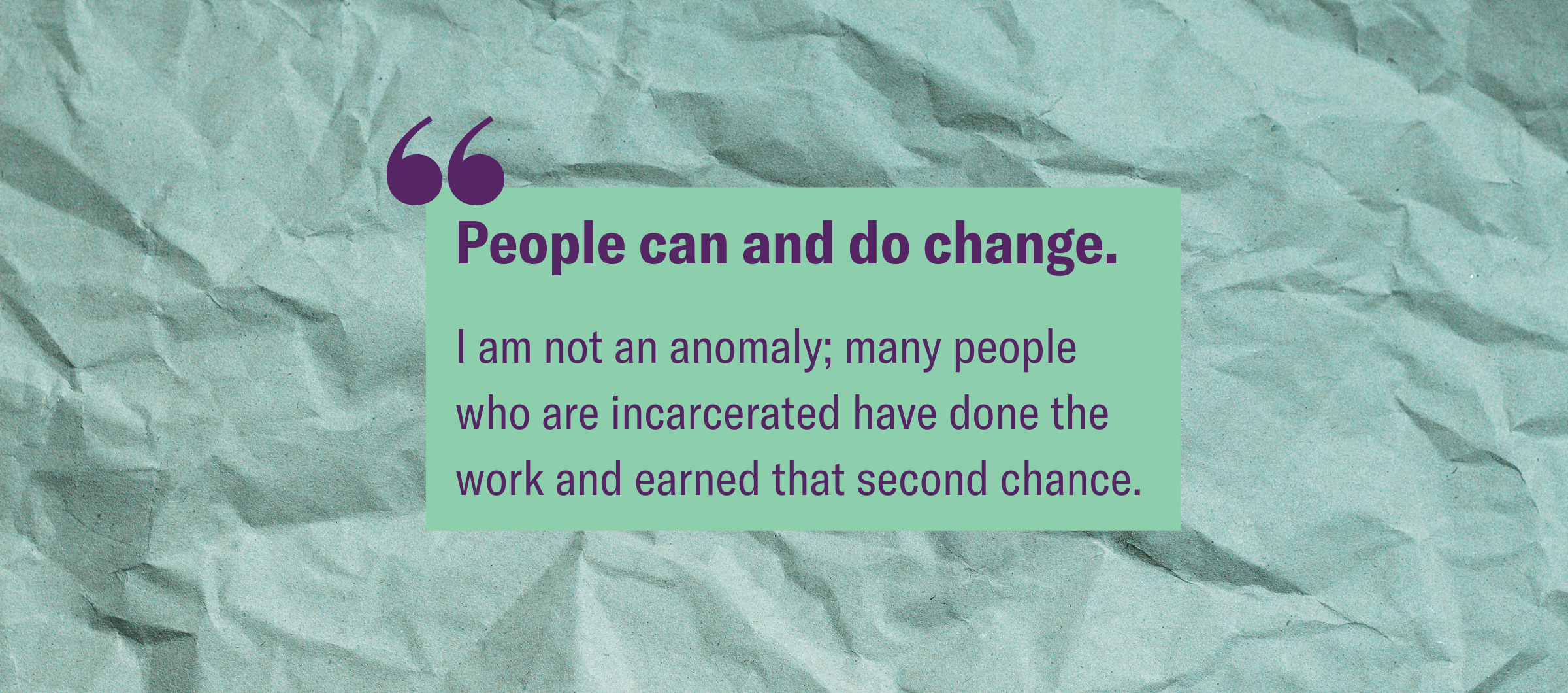This piece was written by Courtney Henson, a currently incarcerated person who is the author of five books and founder of The Unity Group and The 40 Strong. He aims to create prison reform by changing one heart and mind at a time. It was originally published in the Richmond Times-Dispatch.
I awoke in jail on Jan. 28, 2000, with a frail spirit from three years of chaotic living and drug abuse. I began abusing PCP after my grandfather’s death in 1997. He had filled the void left by my father, who battled heroin addiction and the allure of the streets in the 1980s. I vividly remember holding my dad’s hand as he navigated the streets of D.C. to feed his habit. I knew no better as a young boy.
That first night in jail found me emotionally broken and lying on a cold steel bunk. I sobbed and cried out to God for peace. My home, children, future — all gone. I resolved that night that when I was released, I’d never come back.
I did my time, went into recovery for my addiction and became a better father for my kids. The future was looking bright until my past came back to haunt me. I was charged with a sexual assault crime I had committed years earlier while blacked out on drugs. In an instant, my world came crashing down.
Although I had no memory of the events and couldn’t believe I would be capable of such an atrocity, I pleaded guilty and accepted a 40-year sentence. I mourned for the victim and fell into depression as the reality set in that I would be in my 60s when released from prison.
My traumatic childhood and violent environment aside, I was a loving child with a passion for basketball, baseball, singing and dancing. I loved to learn, play with my cousins at family gatherings and rub my mother’s feet after she came home from her second job. However, there was another childhood reality of drugs, guns and jaded perceptions playing out from my bedroom window.
I decided to seek counseling from several prison therapists to connect the dots of my childhood to my mistakes. I was committed to fixing my perceptions as an adult. However, shame tugged at my hopes for change. As a man of faith, I began to pray and face the emotions hindering my redemption process. Nearly 11 years into my incarceration, I forgave myself and found my purpose.
Since then, I have used every single day as an opportunity to get better. I started writing poetry, reading books, and breaking down my social and emotional issues. I had to make peace with my broken childhood. I forgave myself for leaving my four children, my mother and my family.
As I reconstructed my inner self, my outer self blossomed. I wrote a program called Father’s Initiative Training, and began teaching young, incarcerated men with children how to remain a positive influence, even while they’re locked up. I began raising money for nonprofits and food banks. I was determined not to let the prison gates limit my impact.
I’ve now written five books, founded several advocacy groups and created The Unity Group Publishing for other writers in prison who want to have their voices heard.
I’ve completed more than 15 programs, acquired three trade certificates, and founded an organization called the 40 Strong that educates, informs and advocates for prisoner redemption.
As I head into my 22nd year of incarceration, I reflect on my journey and all that I’ve learned. One of the biggest lessons of my life is “second chances” should not just be a slogan thrown around, but a true and deliberate action to restore families and communities. Second chances don’t just serve the person who has done their time and learned from it. They also can be a healing serum for broken families and communities. People can and do change. I am not an anomaly; many people who are incarcerated have done the work and earned that second chance.
Virginia touts one of the lowest recidivism rates in the country, meaning that once people are released from prison, they generally don’t return. Yet there is no meaningful way to give people a second chance, even when it’s in the community’s best interest for someone like me to go home.
Thankfully, a behavior-based bill called “Second Look” is being considered in the General Assembly.
The legislation gives the court jurisdiction to take a second look at people after they’ve served significant periods of prison time and adjust their sentences if they’ve shown success in education, behavior and programming. If you do the work, you get a second look.
I imagine the sublime feeling of freedom of going to work every day, coming home to eat dinner and running around the backyard with my grandkids. You cannot imagine the appreciation I would have for just sharing some coffee with my mother while discussing good movies.
As for now, I remain accountable in my cell while waiting on the General Assembly to do the right thing and give a second look to people who have earned it. I believe in my heart that Virginia is ready for second chances. And while I wait, I’ll continue working to be someone worthy of that chance.

